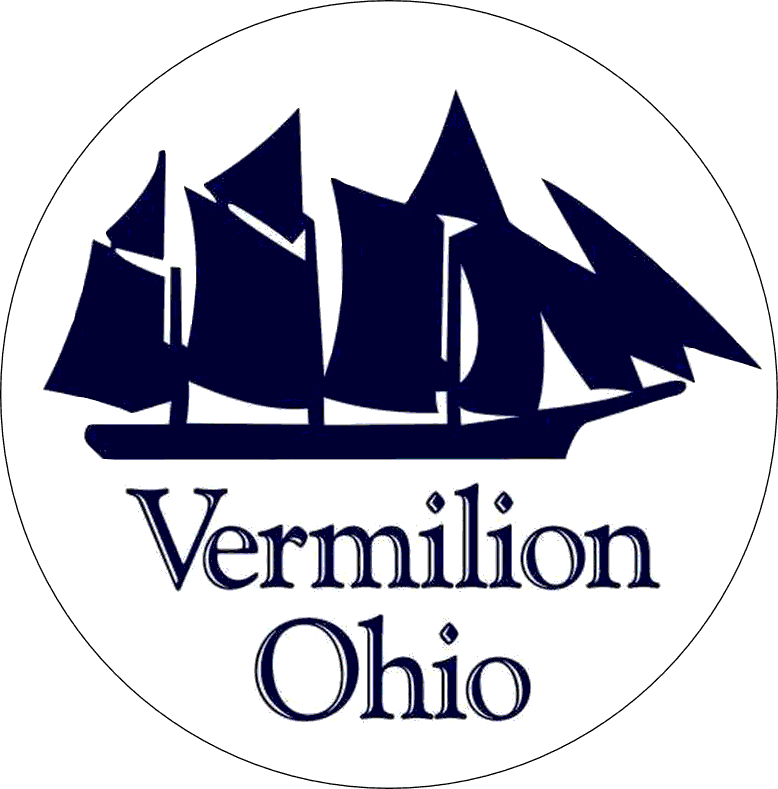The History Of Independence Day
 On July 4, 1776, the Second Continental Congress unanimously adopted the Declaration of Independence. Though it is the Constitution that provides the legal and governmental framework for the United States, the Declaration, with its eloquent assertion "all Men are created equal," is equally beloved by the American people.
On July 4, 1776, the Second Continental Congress unanimously adopted the Declaration of Independence. Though it is the Constitution that provides the legal and governmental framework for the United States, the Declaration, with its eloquent assertion "all Men are created equal," is equally beloved by the American people."The Second Day of July 1776, will be the most memorable Epocha, in the History of America. I am apt to believe that it will be celebrated, by succeeding Generations, as the great anniversary Festival. It ought to be commemorated, as the Day of Deliverance by solemn Acts of Devotion to God Almighty. It ought to be solemnized with Pomp and Parade, with Shews, Games, Sports, Guns, Bells, Bonfires and Illuminations from one End of this Continent to the other from this Time forward forever more. You will think me transported with Enthusiasm but I am not. I am well aware of the Toil and Blood and Treasure, that it will cost Us to maintain this Declaration, and support and defend these States. Yet through all the Gloom I can see the Rays of ravishing Light and Glory. I can see that the End is more than worth all the Means. And that Posterity will tryumph in that Days Transaction, even altho We should rue it, which I trust in God We shall not."
- John Adams July 3, 1776
This quote is an excerpt from John Adams’ letter to his wife Abigail on July 3, 1776. The emotions of this sharp-witted founding father speak of the momentous occasion. Adams believed that July 2, 1776, would be the date to mark and celebrate forever our Declaration of Independence. Although the official date comes later, Americans have celebrated their country’s birth date, and have followed Adams’ advice ever since. Adams bore witness to, and was part of, the American dream for freedom. He was an example of how the new nation would carry on after the war by becoming our first vice-president, and our second president. Adams’ eloquent words put the historical significance of American independence, and the consequence for failure if it was not achieved, into focus.
Although the Second Continental Congress made its decree for freedom on July 2, 1776, no one signed the Declaration of Independence. Congress did sign the Lee Resolution, named for Virginian Richard Henry Lee, on July 2. This resolution contained three parts: separation from the British Crown, a call to form foreign alliances, and a plan for confederation. Congress formally adopted the Declaration of Independence two days later, July 4, 1776, and the alarm for freedom was sounded at Independence Hall with the Liberty Bell. Americans rejoiced as word spread throughout the newly declared independent states. Although independence had been declared, delegates of the Continental Congress had not yet inked their signatures onto the document. On August 2, 1776, when most delegates signed the Declaration of Independence, it became official.
Unfortunately, Americans were getting good and bad news at the same time. British troops were making landfall in New York as the Liberty Bell rang in Philadelphia. At that point, American and British forces already had been engaged in armed conflict for fifteen months. On July 9, 1776, General George Washington, while concentrating troops in New York City, ordered the Declaration of Independence read aloud to his men. He hoped that they would find new meaning in the war for independence.
In 1777, the British occupied the capital city of Philadelphia while Washington and his men struggled through a brutal winter at Valley Forge, Pennsylvania. Nearly two thousand of Washington’s twelve thousand men died during that winter encampment. The Continental Army was hardened by the experience, and gained even greater resolve in the campaign to defeat the British. For the next four years, Americans would fight battle after battle against the mightiest military on earth.
Thanks to the military leadership of Washington, and the combined efforts of the French Navy and Washington's good friend and ally General Marquis de Lafayette, the British surrendered after the Siege of Yorktown on October 19, 1781. The fight for independence was over. The Treaty of Paris, signed between the United States and Great Britain on September 3, 1783, made it official. The United States had become a sovereign and independent nation after six years of valor and sacrifice.
On the Declaration's first anniversary, many citizens of Philadelphia had a spontaneous July 4th celebration. But it wasn't until after the War of 1812 that observing Independence Day became commonplace.
In 1859, still in the days of slavery, the Banneker Institute of Philadelphia urged African Americans to celebrate Independence Day, even though it recognized that the ideals of the Declaration of Independence were in conflict with the practice of slavery. Nonetheless, the institute expressed the hope that soon, "our long lost rights will be restored to us."
By the 1870s, the Fourth of July was one of America's most important holidays.
In the past, large public events were arranged to take place on July 4 in order to coincide with the holiday. The groundbreaking ceremonies for the Erie Canal and the Baltimore and Ohio Railroad both took place on July 4. But even without these events, Americans have long celebrated Independence Day with great fanfare. Picnics and parades fill the day while fireworks fill the night sky. A band may play one of John Philip Sousa's marches, such as "The Stars and Stripes Forever." Friends and families barbeque, hold contests and races, wave flags, sing, or listen to patriotic speeches.
The Fourth of July became a legal holiday in 1941. Every year the celebration of the American ideal that - "all Men are created equal" - continues.
